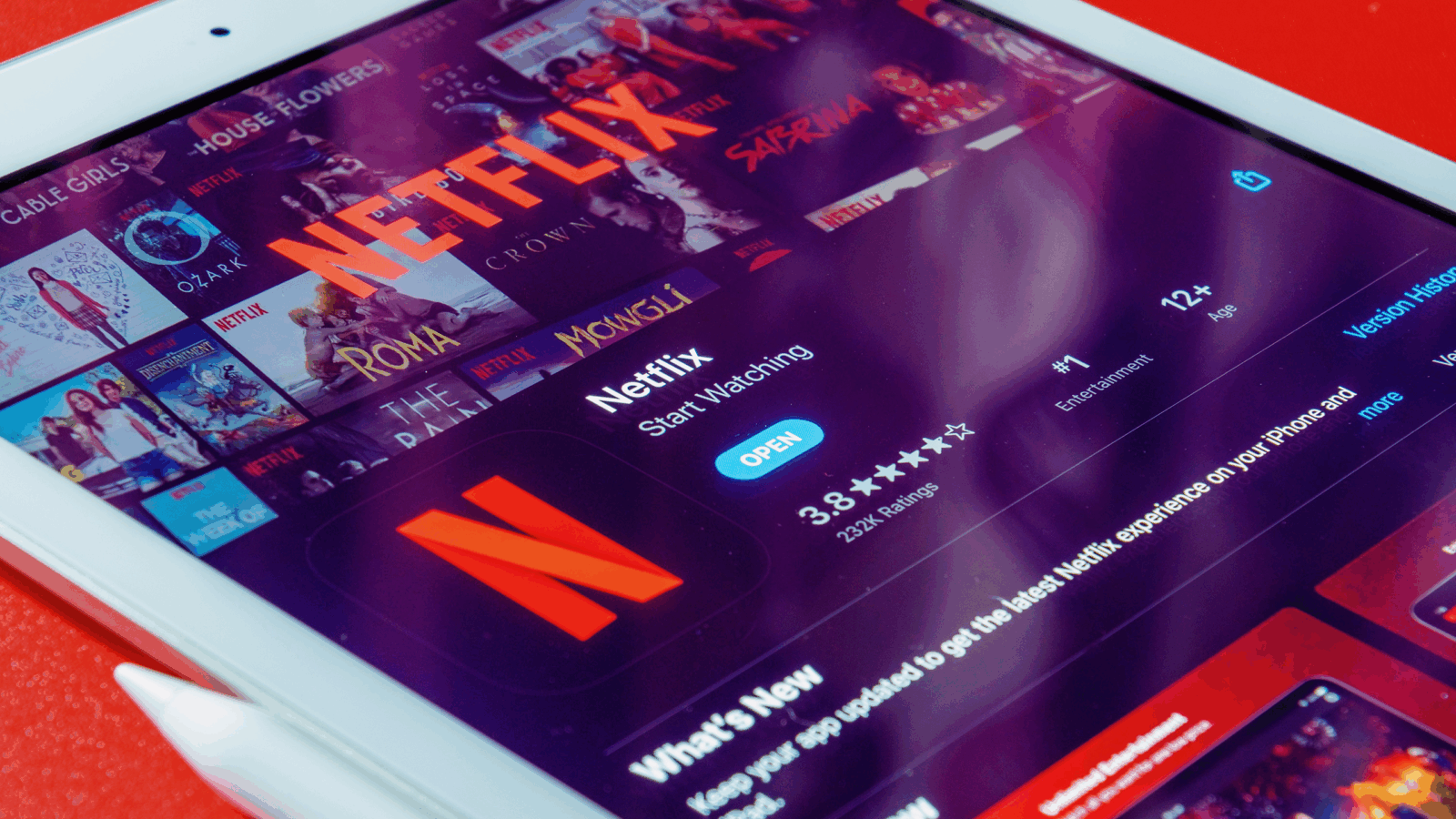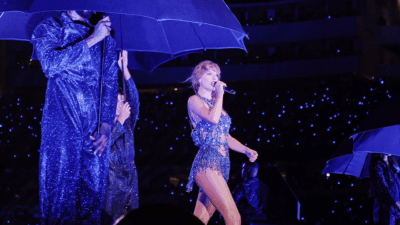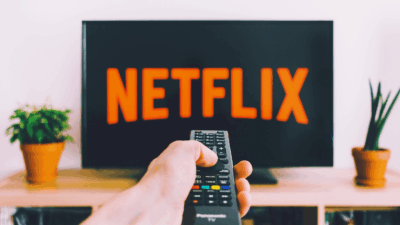Music Copyright Revenue Is Reaching a High Note
Annual global revenue generated by music copyrights has grown to $41.5 billion, the Financial Times reported.

Sign up for smart news, insights, and analysis on the biggest financial stories of the day.
The O’Jays once sang, “Money money money money, money” — and then they repeated it five more times.
A new report from Will Page, a former chief economist at Spotify, says that annual global revenue generated by music copyrights has grown to $41.5 billion, the Financial Times reported.
Listen to This
During the pandemic, consumers were all about buying stuff, but ever since the world collectively lowered its face mask, people pursued more experiences, like dining out and concerts (we see you, Taylor Swift and Beyoncé). And every time a song is played at a show or in a bistro, publishers, record labels, and songwriters are getting paid.
However, the greatest share of the $41.5 billion total was generated through music streaming services:
- In the days of Napster and LimeWire, people swapped music over the internet. Sure, it wasn’t entirely legal, and a series of court decisions led to the demise of these peer-to-peer sharing programs. Services like Spotify avoided copyright issues by actually paying labels and artists whenever their music was streamed.
- With music generating so much money for labels and artists, investment groups have tried to turn copyrighted song catalogs into lucrative, tradable assets, but success has been uneven. The prime example is the UK-listed Hipgnosis Songs Fund, which has spent billions of dollars on song catalogs in the past few years. But with song rights values stalling and interest rates so high, many investors are flocking to cash and bonds, which could hold the limit on future copyright revenue growth.
Feel the Music: Page also noted that physical music sales partly offset markets where record labels’ digital incomes were slowing. He found that revenue from physical music has increased by $1 billion since 2020 as Asia shows strong demand for CDs and Europeans and Americans want to kick it old-school with vinyl. Can a LaserDisc comeback be far behind?











